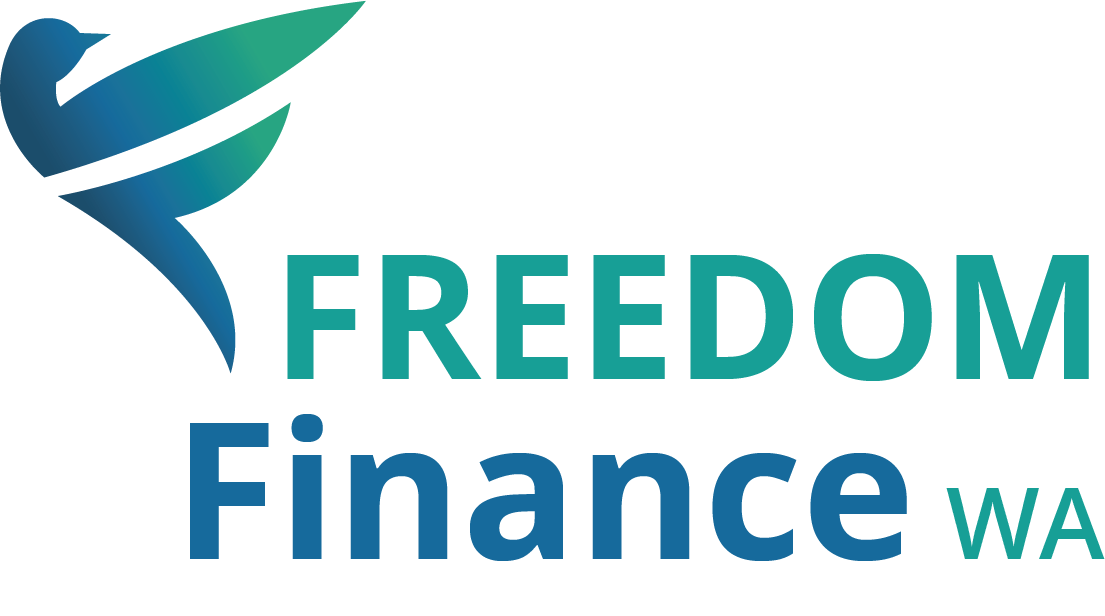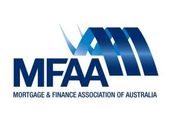BLOG
FFWA’s Top Tips and Tricks
Stay on top of the latest lending news and views from the Freedom Finance WA team.

By Lisa Chapman
•
17 Sep, 2021
The array of mortgages available helps a good mortgage broker tailor a package to suit your needs. Here are just some of the options.... Fixed Rate Mortgages With a fixed rate loan you know exactly how much you'll pay per fortnight or month for the fixed period of the loan (usually 1-5 years). Variable Rate Mortgages Repayments can change during the life of a variable rate loan, so you may pay more or less as interest rates rise or fall. If you're fairly sure that rates are set to fall, this is a good option. Principal & Interest Mortgages In this mortgage, you are paying the amount lent to you plus the interest Interest Only Mortgages With interest only, you are paying just the interest on the loan - you are not paying off any of the original principal amount Split Home Loan (Fixed and Variable) You can choose to have part of your loan at a fixed rate and the other part can be at a variable interest rate. If rates do fall, the interest will go down on the variable part of your loan, but you aren't taking as big a risk should rates rise. Redraw Facility If you have a variable rate loan and you make extra repayments, then you can withdraw that additional money when you need to (you can not do this on most fixed rate loans) Land Loan A land loan lets you buy a block of land without the pressure to build on it as soon as possible. Land loans are usually variable interest for up to 30 years. Construction Loan For buying land, building or substantially renovating your home, a construction loan may be the best way to go. You can usually borrow 90-95% of the expected completed value. Non PAYG Loans For self employed people, a home loan can still be arranged using differing supporting documentation that shows your ability to service a loan and might include BAS and bank statements. You self certify your income, which will need verification. Equity Release This loan type allows you to convert a portion of your residential property 'asset' into cash or an income stream while still allowing you to continue to live in your home

By Lisa Chapman
•
28 Jul, 2021
Not to be confused with mortgage protection insurance (which is designed to protect the borrower), LMI is insurance that covers the lender’s risk within a residential mortgage transaction should the loan go into arrears and the borrower is unable to resolve the situation satisfactorily. LMI is a fairly common practice within the industry, particularly for new home buyers who may struggle to save a deposit. It allows an additional fee to be paid by the borrower and usually applies when the loan is more than 80 percent of the purchase property’s price. The purpose of LMI is to ensure security for the lender in case the borrower fails to make loan repayments. Even though the actual house acts as security, the nature of the property market, like any investment class, means there is a chance that its value could decline, resulting in a financial loss for the lender. The cost of the premium is dependent on several factors, such as the loan size and property value, and most insurers are flexible when it comes to the method of payment. It can either be a one-off upfront premium payment or that premium could be included in the overall cost of the loan and included in monthly repayments. It is not transferable, which means a new loan may require a new fee depending on how much equity the borrower has. What’s in it for me? While it may appear that it is exclusively favourable to the lender, there is value to borrowers in paying the premium. Opting for LMI means it allows a borrower to independently purchase a property sooner than they otherwise might. LMI is the alternative to using a guarantor or having to save for a bigger deposit, both of which are not feasible options for many first home buyers. A deposit of at least 20 per cent of the desired loan amount is required for a borrower not to be deemed ‘high-risk’. If you consider that the average price of a home in Perth is $500,000, that would mean a deposit of around $100,000 is required. The beauty of LMI is that it buys time, which means borrowers with smaller deposits are able to enter the market sooner rather than later. The major benefit of LMI is that it allows the dream of homeownership to become a reality for a lot of first home buyers.

By Freedom Finance WA
•
15 Apr, 2021
When taking out a mortgage, many people forget to consider the associated fees and expenses. Here are some of the extra costs that you’ll need to consider when you take out a home loan. Home loan application fees Most lenders charge a home loan application fee. This can range from loan to loan, and covers: • Loan contracts • Property title checks • Credit checks • Attending a settlement Mortgage fees and costs • Mortgage establishment fees – Lenders generally charge a mortgage establishment fee – a fee for setting up a mortgage. • Property valuation – A third party chosen by the lender, is appointed to determine the value of your land and improvements. • Mortgage registration – Your Mortgage deed needs to be registered with the government. • Mortgage stamp duty – Some State Governments charges stamp duty to register your mortgage. • Lenders mortgage insurance – If you don’t have 20% of the purchase price or the value of the property, the lender will require you to pay for a lenders mortgage insurance policy that covers their risk in the event you default on your repayments. Property fees and costs • Building, Pest and Electrical Inspection fees – It’s wise to have your property inspected for any structural or electrical problems and for pests (e.g. termites). • Stamp duty – Governments charge Stamp Duty to transfer the ownership of a property. • Registration of transfer fee – The new owner of the property needs to be registered at the Land Titles Office. • Legal fees – You generally need to pay a Solicitor of Settlement Agent to handle the transfer of ownership of the property on your behalf • Home & contents insurance – Most homeowners insure their home and contents against a range of threats: burglary, fire, storm, etc. Lenders insist that your property is insured while you have a mortgage. • Life and income protection insurance – Borrowers should consider protecting their incomes and themselves while they have a mortgage. • Utility costs – Connecting electricity, gas and telephone can attract a fee. • Council Rates – Your local council charges rates to cover garbage collection and a host of other services. • Water Rates – The water corporation charges rates for the supply and upkeep of water to your property. • Body corporate fees – If you buy an apartment or Strata Titled property, body corporate fees are charged, and some fees can be significant – particularly if the building is in need of a major work (e.g. concrete cancer, security upgrade, new hot water system, etc) or if there are lifts, pools and other communal facilities. • Maintenance costs – Don’t forget to make provision for regular maintenance on your home – even if you decide not to undertake significant renovation. To learn more about the hidden costs of buying a home, talk to us today.

By Freedom Finance WA
•
14 Jan, 2021
It is fair to say 2020 was a bumpy ride, and for some of us, this has been equally true financially. For others, looking at the advertised low interest rates on a range of loan products may have us thinking about refinancing, and wondering if it isn’t best to clear all our debts by rolling them into one low interest loan.

10 Dec, 2020
There’s equally a great deal of debate devoted to whether or not it’s the right time to lock in a fixed rate home loan as the question is posed across financial media pages - “can they even drop any lower?” But even if every home loan product on the market failed to drop any part of a percentage point again, it doesn’t necessarily make them the most suitable – or even at all suitable, for your specific needs. As well as the interest rate, there are a variety of factors which determine the right product for your unique situation. How long you intend to hold the loan and if you plan to make extra repayments can particularly bite you in the back pocket with most fixed rate and other low rate home loans. Many have penalties built in which incur fees – some significant – should you pay out the loan early (that investment home you plan to fix and ‘flip’ in six months, for example) or make extra repayments over a certain maximum threshold. This is where Freedom Finance WA can help. We speak lenders language, and we know what to ask to help you weigh up and find the most suitable products. This can save you hours of calculating eye crossing figures and nasty surprises down the track. We can answer your question, and most importantly, take the stress out of refinancing. Even better – we come to you obligation and fee free.
Appreciate all your work for us over this last year and can't wait to show you all the renos!
— S. Calleja – Girrawheen



